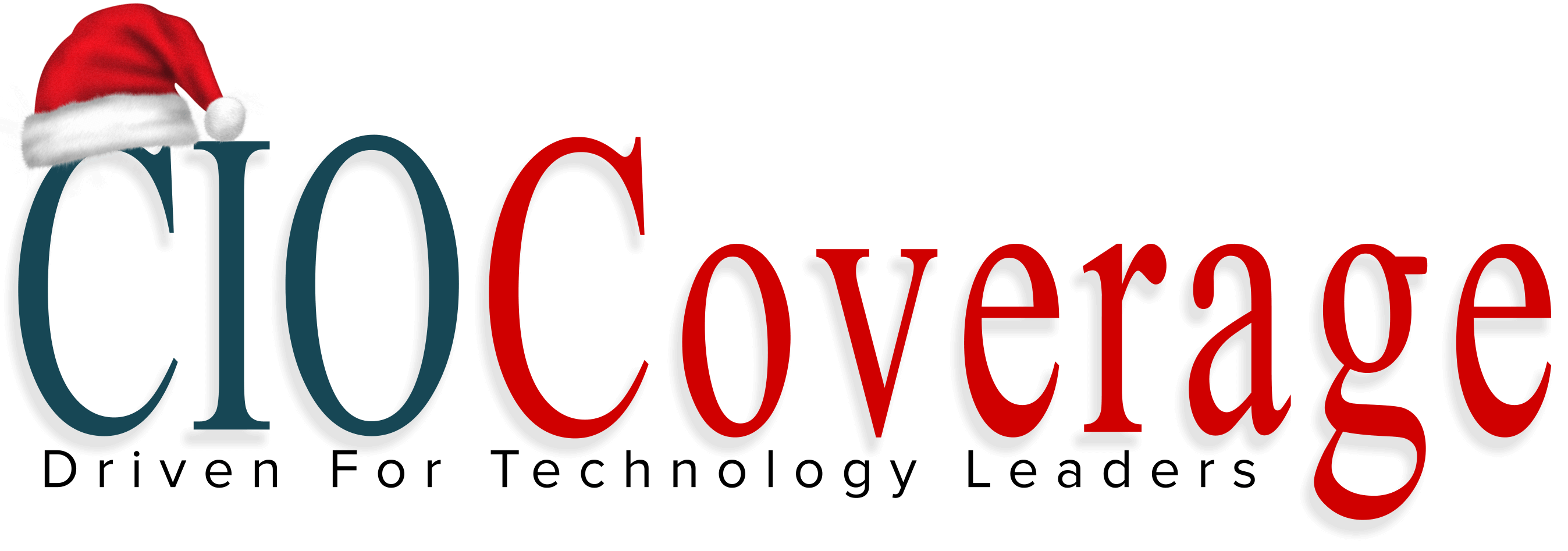As of January 31, 2023, the Biden administration struck down the renewal of the export license to US companies selling essential components to China’s largest global technology company, Huawei. While the formal announcement regarding a total ban on export to Huawei has not yet been released, sources from the Department of Commerce have confirmed this move.
Huawei specializes in networking equipment and smartphones and has been on the US Commerce Department’s entity list of companies subject to licensing requirements since 2019. This has allowed the company to only purchase less advanced components, the ones deemed not to be a security risk, from the US Since Huawei has been rumored to aid “China engage in espionage,” the blocking of the company’s export license renewal is the latest attempt by the Biden administration to curb the flow of critical technology into the wrong hands.
Previously, the Commerce Department had restricted the supply of essential semiconductors and chipmaking equipment to Chinese entities. Compared to the tightening of regulations done in October, the latest restrictions are likely to cut off Huawei’s access to advanced technology like processor chips and other technology from large US companies.
So far, the White House and Commerce Department have declined to comment about specific deliberations regarding Huawei. Don Graves, Deputy Secretary of Commerce, recently stated that one of the Administration’s main goals is to utilize the country’s advancement to protect the US’s “tech advantage and national security from malign actors.”
The halt on Huawei’s license renewal comes after the earlier announcements of the House Foreign Affairs Committee’s decision to conduct a 90-day review of the Commerce Department’s Bureau of Industry Security. In addition, the block also comes after days of the US signing a deal with Japan and Netherlands to restrict China’s access to materials used to make advanced computer chips. It is believed that Commerce Department might soon take steps to revoke all previous licenses granted for exports to Huawei.
A foreign ministry spokeswoman for China, Mao Ning Mao, said, “China is gravely concerned about the reports.” She accused Washington of “over-stretching the concept of national security and abusing state power” to suppress Chinese competitors. “Such practices are contrary to the principles of the market economy” and are “blatant technological hegemony,” Mao said. She also added that Beijing would “defend the legitimate rights” of its companies.
“In 2020, we successfully pulled ourselves out of crisis mode,” Eric Xu, one of three Huawei executives who take turns as chairman, said in a December letter to employees. “US restrictions are now our new normal, and we’re back to business as usual.”
On the same note, experts urge US companies to ensure that they are adhering to all Commerce Department licensing requirements for exports of goods and technology. According to sources, a continual assessment of policies and regulations is expected from the Commerce Department. In fact, there might be more incoming restrictions in the coming months.















